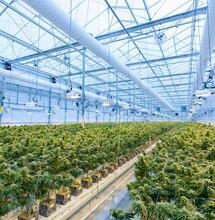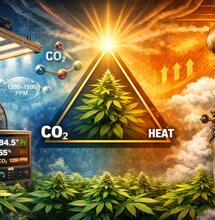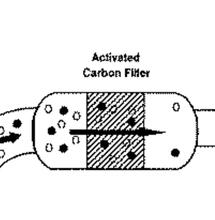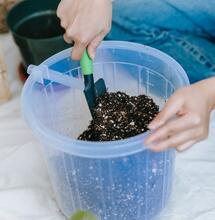Potassium the "quality" nutrient
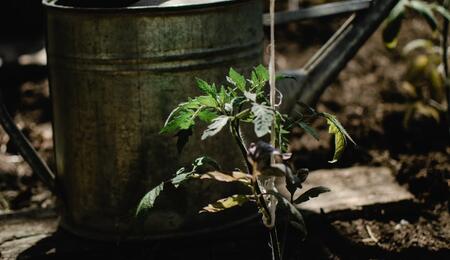
Potassium is needed by all living cells. In plants, Potassium is essential for photosynthesis and reproduction. Like Nitrogen and Phosphorous, it is required in large quantities and is often referred to as the "quality nutrient". Potassium is responsible for the plants overall quality, size, colour, shape and, in some cases, taste. It is also attributed to other factors that make up a healthy plant, such as producing more crops and fighting off disease.
Potassium is found within the plant's cells and is used to help maintain pressure in the cell and stop the plant from wilting. It also helps with the correct functioning of the stomata on the bottom of the leaves that open and close during photosynthesis and controls water within the plant structure.
Further still, Potassium acts as an enzyme activator. It is an important energy source for many chemical processes that take place within the tissues.The NPK in your feeds is the primary source of Potassium for your plants; however, there are other ways to get more in if you feel that your plants need it.
A booster feed or a bloom booster applied at the correct time can inject a good dose of Potassium, as can using potash mixed into the soil, which is a great organic solution.
Potassium deficiencies rarely happen in hydroponic systems. In a plant growing in a medium, the symptoms of a potassium deficiency will be hard to see as it will simply cause the plant to perform poorly overall. However, with a severe shortage, some of the following symptoms may be seen:
Burnt leaf tips
Brown or pale coloureds leaves
Dark spots forming on leaves
Yellowing of lower leaves
Your plant may show slowed growth or stretch, where the plant may seem taller, but the leaves and fruit are not growing at the same speed. There may be twisting and abnormal growth or curling up or down of leaves.
To remedy a Potassium deficiency, a bloom booster is excellent as it will be taken up quickly by the roots. You could also try Foliar feeding as a quick fix to get the nutrients in. It's always good to check the pH of your water, too, as sometimes Potassium is not being absorbed in the proper doses due to an excess of calcium or nitrogen. If this is the case, flush out your system using the half-strength feed in your water and look for improvements.
An excess amount of Potassium does not appear to have any adverse effects on plants. Still, it can interfere with and cause deficiencies of other nutrients like nitrogen, calcium and magnesium. A lot of symptoms of nutrient deficiencies can look similar. If you are not sure what it is, get a second opinion.
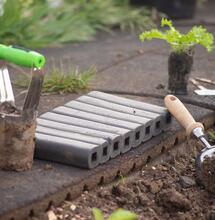
_11zon.jpg)
